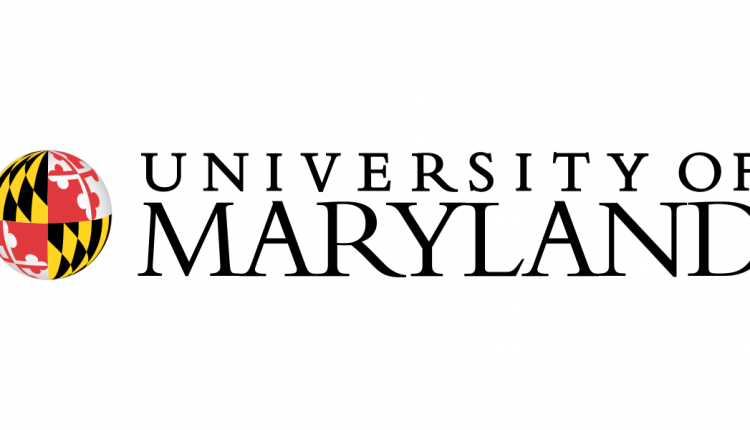University of Maryland: Microsoft, UMD Team Up for Diversity in Robotics
The Maryland Robotics Center and Microsoft Corp. have announced a new strategic partnership focused on enhancing diversity and innovation in robotics and autonomy, helping to meet the growing demand for talent in engineering even as trends show a downturn in enrollment of students from diverse backgrounds in the field.
The Microsoft Robotics and Diversity Initiative is a one-year, $100,000 partnership starting in the Fall 2022 semester; it will support Ph.D. fellowships, a seminar series, an undergraduate course and student-led STEM diversity groups.
“It’s exciting to receive this level of support and generosity from Microsoft to amplify our ongoing diversity initiatives,” said Professor Derek Paley, director of the Maryland Robotics Center with a joint appointment in the Department of Aerospace Engineering and the Institute for Systems Research. “This gift will especially support activities in robotics and applied autonomy, complementing our other ongoing efforts in AI and machine learning.”
The partnership includes several components, starting with the Microsoft Diversity in Robotics and Autonomy Ph.D. Fellowships. They will support two Ph.D. students for one academic year as they conduct research in robotics and autonomous systems modeling, simulation and experimentation. The Maryland Robotics Center will leverage Microsoft’s support, funding tuition and benefits for these Microsoft Fellows.
The Microsoft Future Leaders in Robotics and Autonomy Seminar Series will enable Maryland students to learn from rising experts in robotics and autonomy, in a context celebrating diversity and innovation.
A hands-on undergraduate course in robotics programming will be part of the Robotics and Autonomous Systems minor program. Students use the open-source Robot Operating System and other tools to design, implement and test a robotic system. Microsoft will contribute to the cost of providing students with additional robotics programming devices.
The partnership also will provide support for student-led STEM diversity groups, supporting their missions and robotics-related activities for the academic year. They include the Black Engineers Society, the Society for Professional Hispanic Engineers, Women in Aeronautics and Astronautics, and the Society of Women Engineers.
“With the exciting future of robotics and autonomy in view, Microsoft enthusiastically supports the Maryland Robotics Center’s efforts to foster the next generation of tech leaders,” said Timothy Chung, senior director of robotics at Microsoft. “We celebrate and embrace the positive benefits of diversity and inclusion as part of the broad robotics community.”

